When choosing the best gaming monitor, you need to consider a few other things besides high resolution. After all, it takes more than just a 1440p or 4K resolution to produce high quality images, let alone be a monitor ideal for gaming.
Features like a faster refresh rate, wide aspect ratio, and even curvature matter when it comes to picking the best gaming monitor for you. And, if you want a gaming experience that’s both immersive and feels true-to-life, these things definitely matter. Sure, just about any computer monitor can display a visual representation of what you’re doing on your computer, but only excellent monitors touting such features can make your gaming PC shine and deliver a truly immersive visual experience.
Just like with other peripherals like the best gaming mouse and the best gaming keyboard, however, different displays fit the needs of different gamers. Those who love detailed open-world games should go for a 4K monitor while esports gamers will appreciate fast monitors with speedy refresh rates. To make it easier for you to choose the best gaming monitor, we’ve rounded up the top ones of 2021 below.
Looking for a monitor for productivity or creative workflows? It's worth checking out our top picks for the best monitor for MacBook Pros.
- These are the best budget gaming PCs of 2021
- These are our top picks for the best gaming desks
- Save money and check out the best free PC games
Best gaming monitors at a glance
- LG UltraGear 38GN950
- Samsung CRG9
- Alienware AW3418DW
- AOC Agon AG352UCG6
- BenQ PD3200U
- Porsche Design AOC Agon PD27
- MSI Optix MPG341CQR
- Asus TUF Gaming VG289Q
- Acer Predator CG7
- BenQ Zowie XL2540
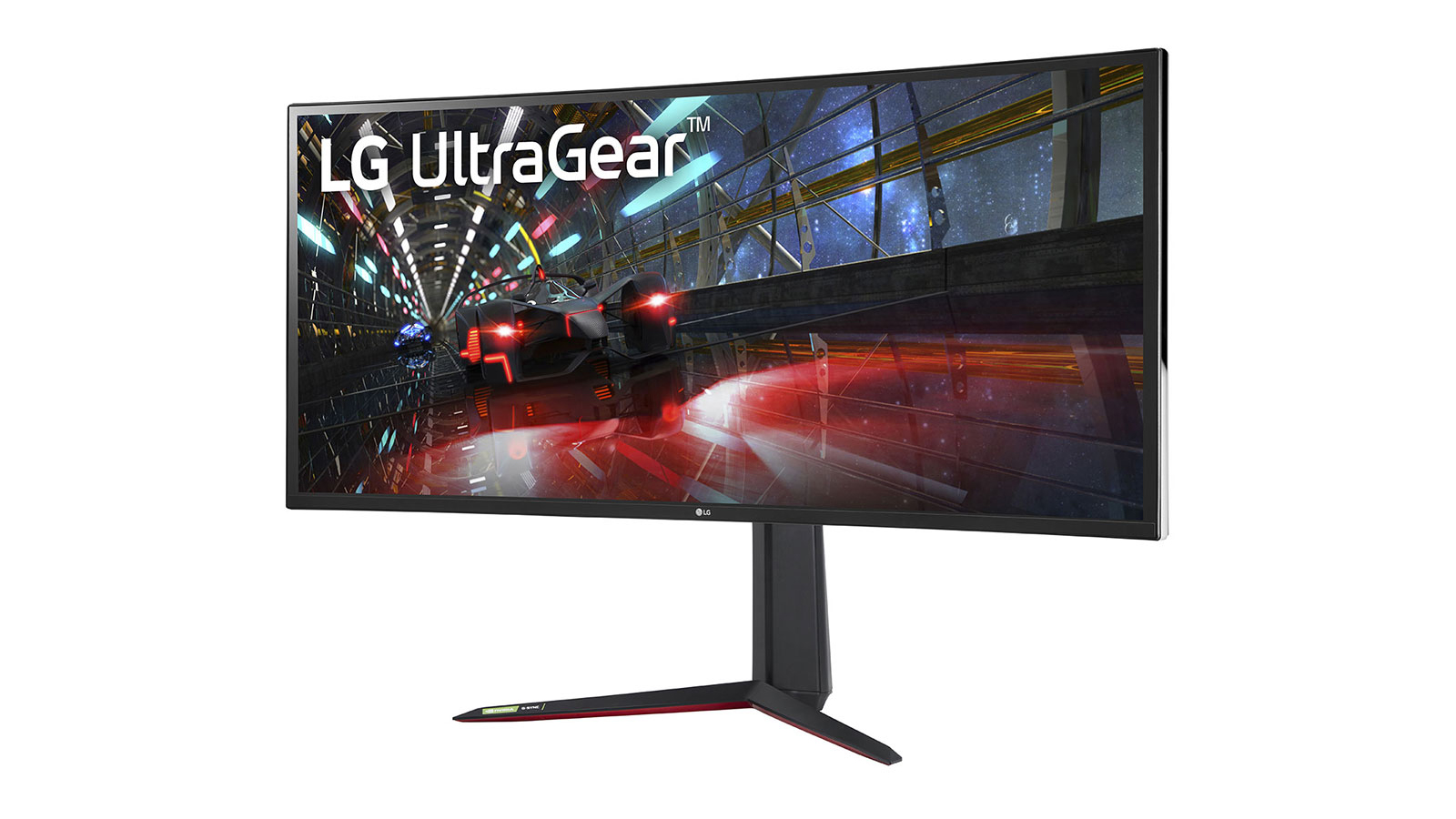
It’s hard not to be impressed by the LG UltraGear 38GN950. If you’re looking for the ultimate gaming monitor, this is certainly the one to beat, with a 144Hz refresh rate that can be easily overclocked to 160Hz, 1ms response time, spectacular image quality, and many other gaming features like G-Sync, an ultra-wide aspect ratio and DisplayHDR 600. If you’re serious about gaming and want lots of screen real estate, then this is the best gaming monitor to get – if you can afford it, that is.
Read the full review: LG UltraGear 38GN950
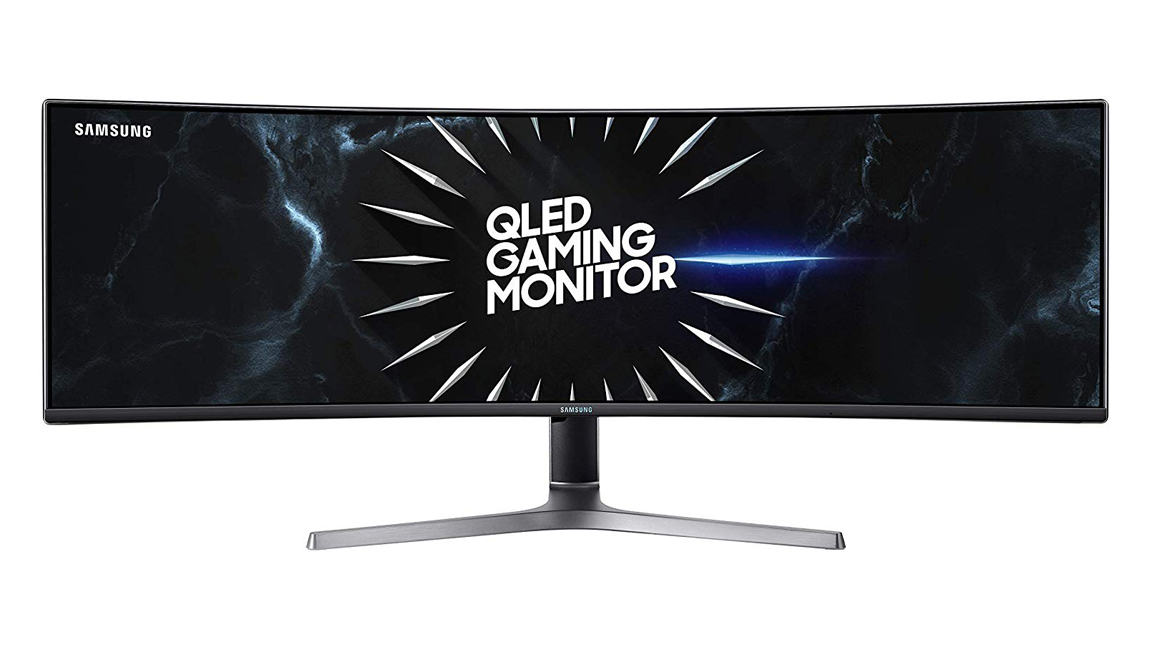
It may be very expensive and requires a killer gaming PC setup to run, but the Samsung CRG9 is completely worth it if you’ve got the extra cash laying around. This bigger-than-average 49-incher boasts bezels thinner than most gaming monitors and a picture by picture mode feature that lets you use two different inputs, simulating a dual monitor setup in a single monitor. And, that’s without mentioning that the Samsung CRG9 produces an out-of-this-world image right out of the box.
Read the full review: Samsung CRG9
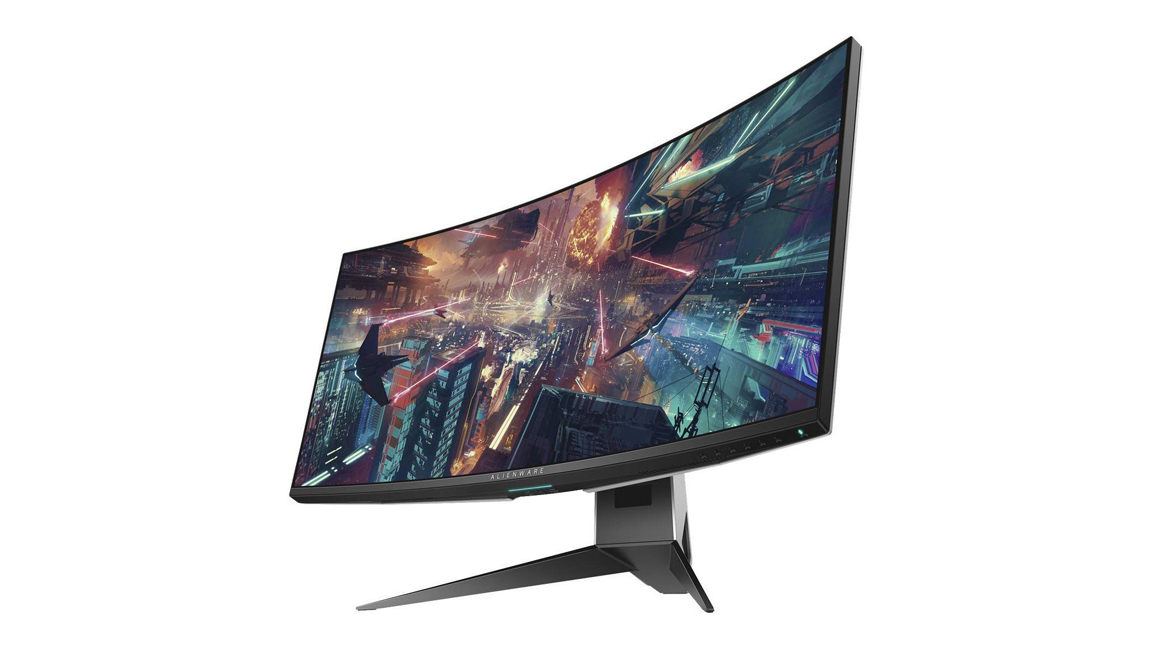
The Alienware AW3418DW is one of the few gaming monitors that deliver a level of immersion that only a 21:9 aspect ratio can, while also offering up a high refresh rate. With a dense 3,440 x 1,440 resolution, ridiculously fast 4ms response times and a speedy 120Hz refresh rate, this ultrawide monitor gives you the best of both worlds. All these features don’t come cheap though, so budget-minded gamers might want to look elsewhere or start saving up.
Read the full review: Alienware AW3418DW
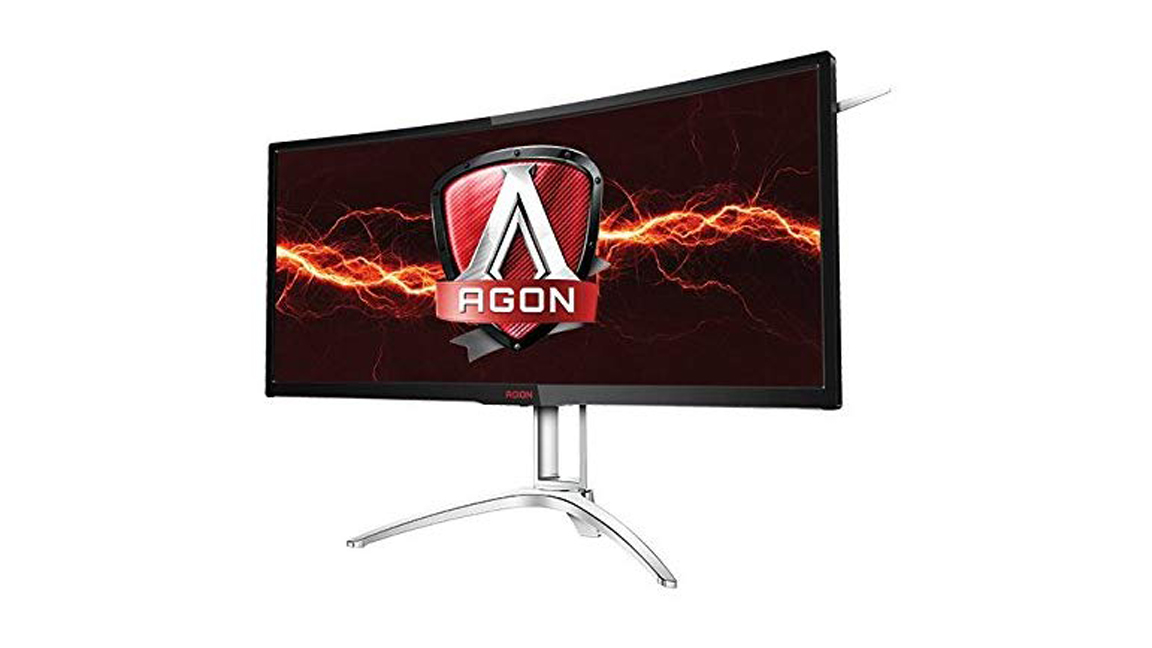
The AOC Agon AG352UCG was one of the best gaming monitors we ever got our hands on, so when we heard that a follow-up was coming – one that comes with a higher refresh rate and better contrast – it was hard not to get excited. The AOC Agon AC352UCG6 Black Edition carries over the original’s best features but ramps them up to 11, making it a stunning display on which to experience ultra-wide gaming. It’s expensive, yeah, but if you have the hardware to back it up, you’ll be doing yourself a disservice by not investing.
Read the full review: AOC Agon AG352UCG6 Black Edition
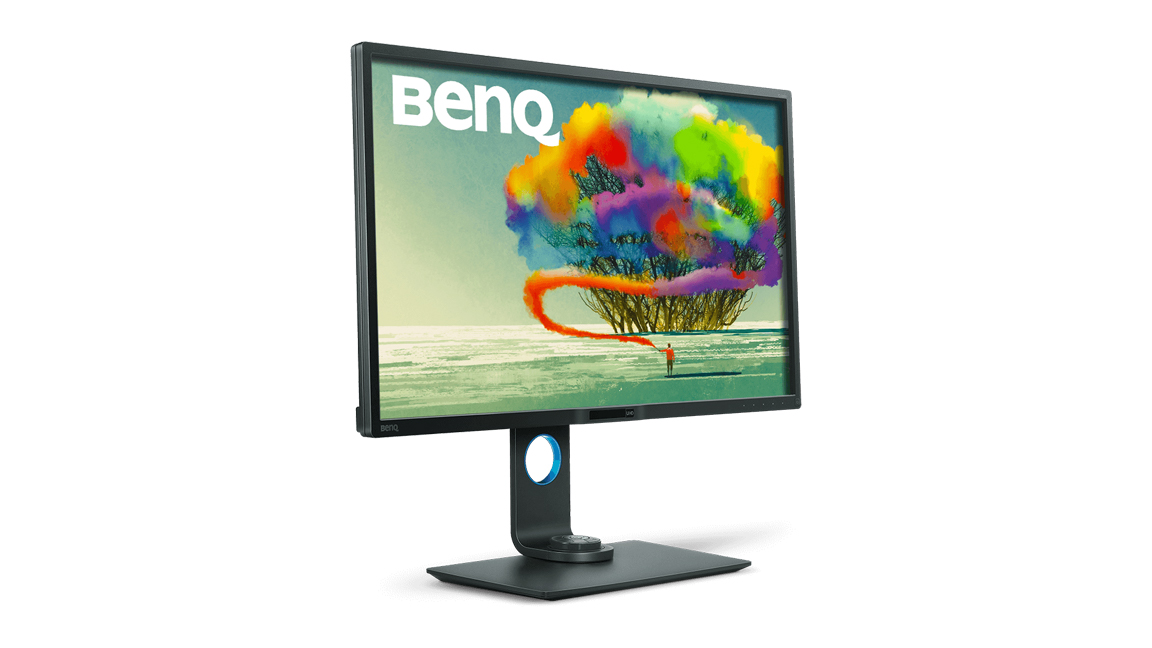
While originally made for CAD professionals, the BenQ PD3200U is also great for gaming. This is mostly thanks to its rock-solid focus on graphic design so it’s able to offer incredibly wide viewing angles, which means that your friends can watch your game in comfort. And, unlike most 4K monitors on the market, you won’t have to mess around with the settings to get the best picture, since every unit is individually calibrated by BenQ before shipping. This is definitely one of the best gaming monitors out there, even though it wasn’t actually designed for gaming.
Read the full review: BenQ PD3200U
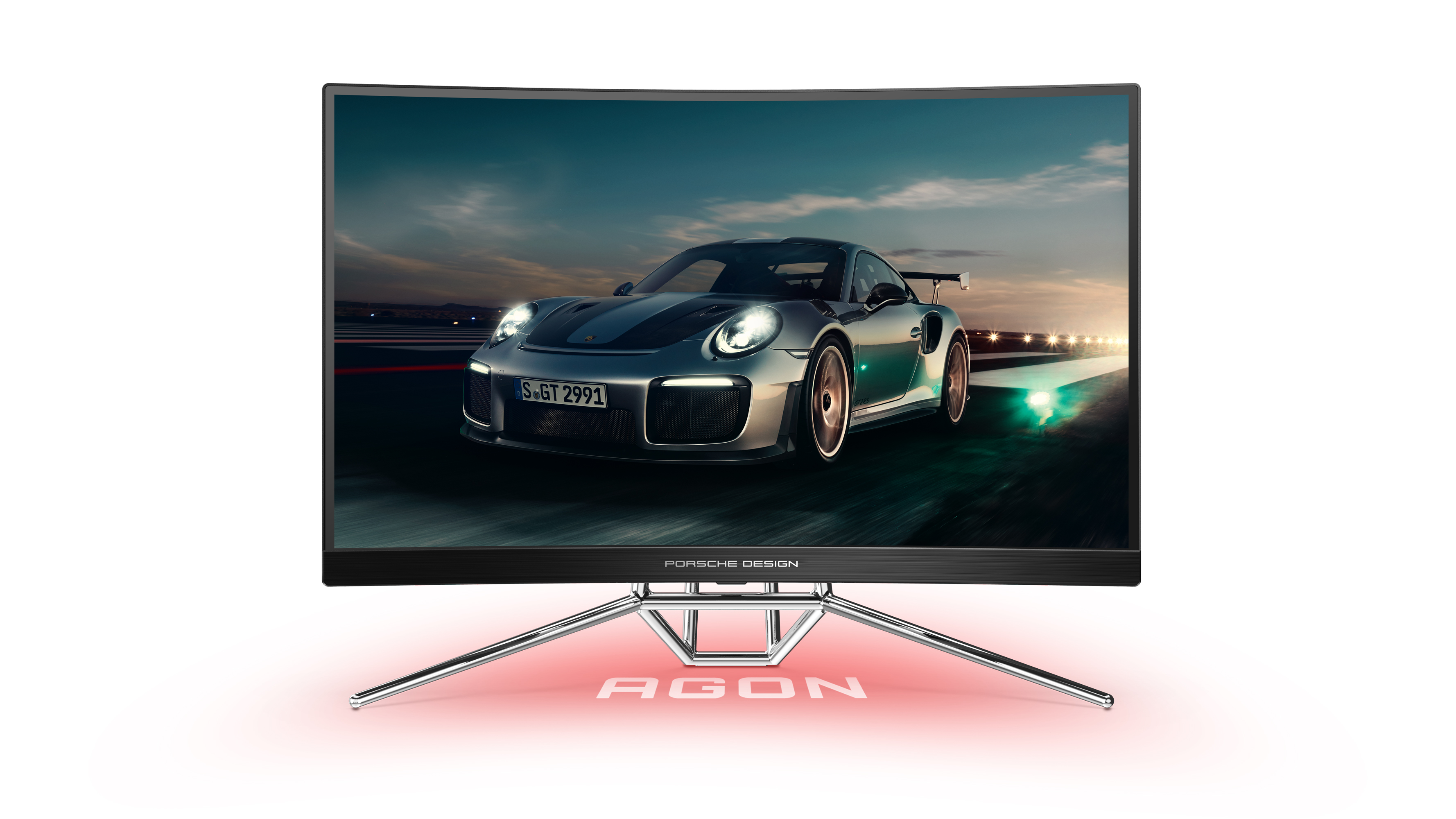
If you’ve got the need for speed – in your gaming, that is – then you have the need for this Porsche-inspired monitor by AOC. Abandoning the usual tapered red-on-black look that many gaming monitors have, this one comes with racing car design elements so that spectators know exactly that when it comes to speed, it doesn’t mess around. Just take a look at its specs of 240Hz refresh rate and 0.5ms response time. It also comes with DisplayHDR 400 support, classy RGB lighting, and a 1000R curvature.
Read the full review: Porsche Design AOC Agon PD27
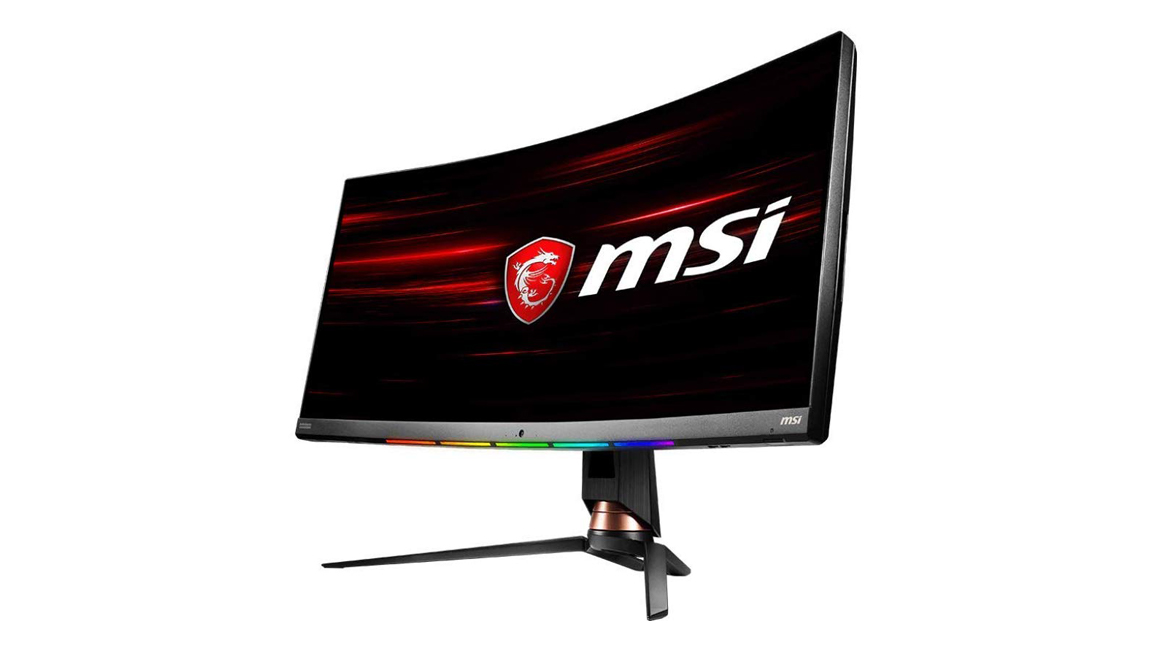
While all of its extra frills make the MSI Optix MPG341CQR an even more appealing selection for potential buyers, it does an outstanding job of standing out on its own. The use of VA rather than IPS panel technology, for one, is a welcome advantage, offering punchier colors and better contrast. Plus, its super-wide 1440p resolution and 144Hz refresh certainly give gamers an edge. The best part might be that this display is also reasonably priced, making it one of the best gaming monitors to consider in 2021.
Read the full review: MSI Optix MPG341CQR
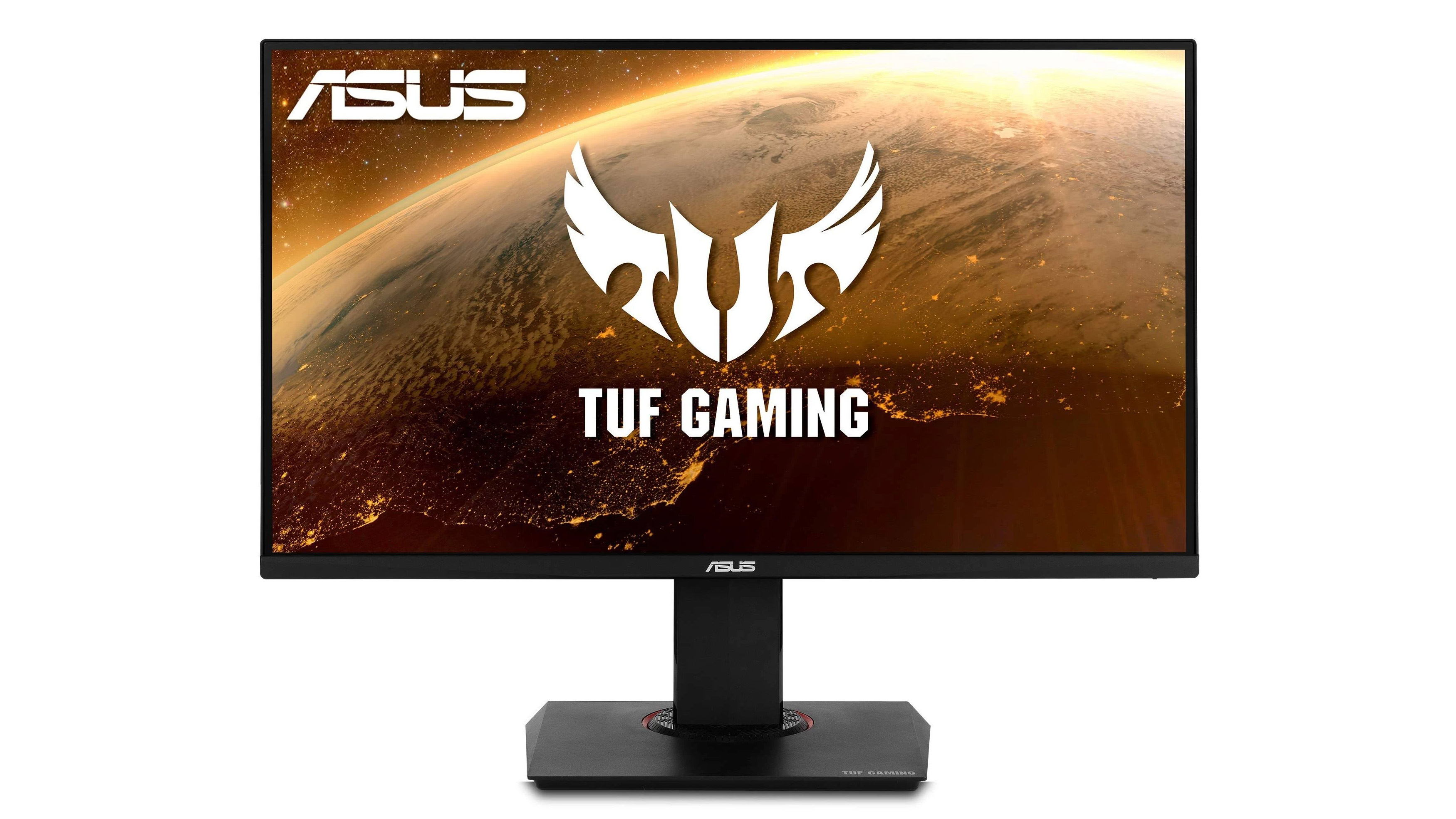
With the Asus TUF Gaming VG289Q, you’re getting a lot of value for your money – especially considering the small price of entry. One of the most affordable 4K gaming monitors right now, this 28-incher can swivel, pivot and tilt practically however which way you need it (within reason, naturally) to serve your purpose. It also has deliciously thin bezels and a nifty cable management solution, as well as a few display settings to boost your viewing experience. Thanks to its rich vibrant colors, super sharp image quality and a design that is only subtly gaming-centric, this is among the best 4K monitors not only for gamers but for regular users who consume a lot of visual media as well.
Read the full review: Asus TUF Gaming VG289Q
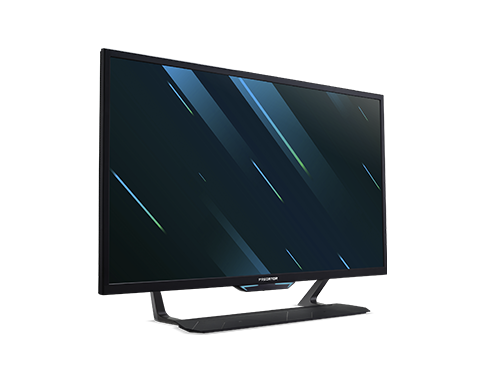
An epic gaming experience awaits you with Acer Predator CG7’s 43-inch screen, 4000:1 contrast ratio, 1ms response time and 120Hz refresh rate. To be fair, there are bigger and badder gaming monitors out there, but for some people – particularly, those looking for a TV with gaming-level specs, this one’s a winner. It’s got some extra features as well – namely, a remote control, icons on that stand to encourage game controller storage, and RGB lighting that can sync to your music and games – so you’re getting your money’s worth, even if you are paying for a lot.
Read the full review: Acer Predator CG7
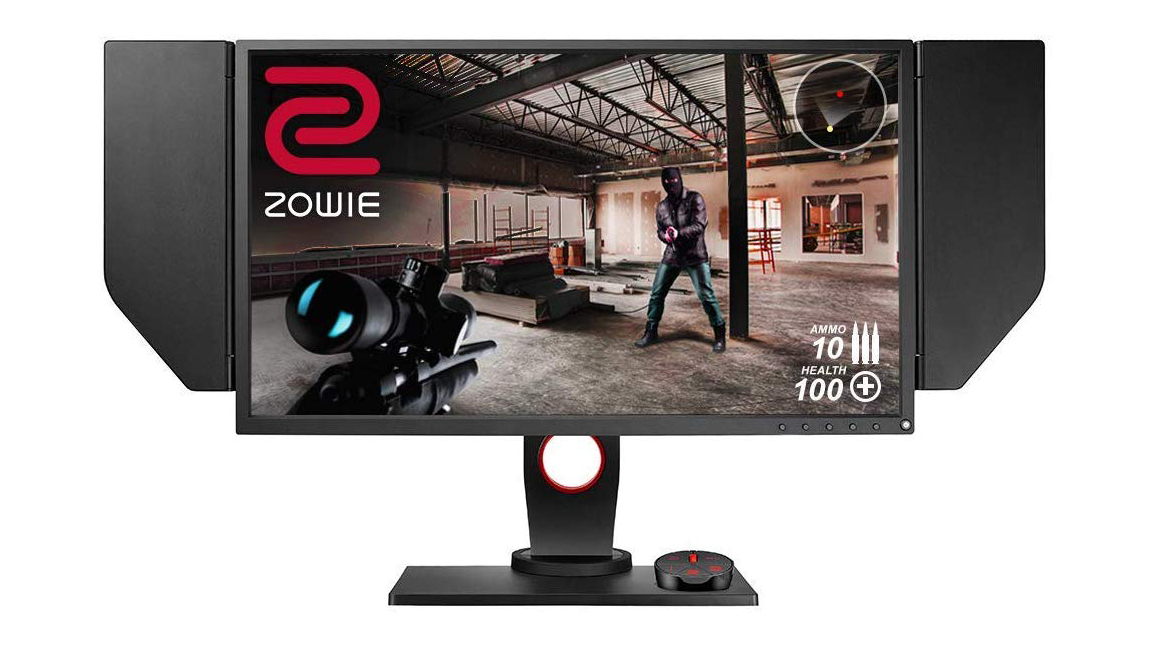
Don’t be turned off by its limitations. The BenQ Zowie XL2540 still absolutely deserves its place right up there on the best gaming monitors list. It forgoes flashy lighting effects for a blazing 240Hz refresh rate and rapid 1ms response time. This monitor is both FreeSync and G-Sync compatible, and if you have a setup that’s able of keeping up with this refresh rate, then this gaming display will blow you away. The BenQ Zowie XL2540 keeps things simple by supplying you with a ton of visual presets, an “S Switch” control pod for managing those presets and even a pair of adjustable light screens.
Read the full review: BenQ Zowie XL2540
How to buy the best gaming monitor in 2021
If in the market for the best gaming monitor 2021 has to offer, know that there are a few things to keep in mind before choosing which display should grace your desk.
You’ll want to familiarize yourself with the following terms and specifications to help guarantee that you’re getting the best gaming monitor that’s most ideal for you. It also means you won’t have to pay extra for additional features that you might not actually care about.
Screen size: When looking for a gaming monitor, one of the most important things to consider is the screen size. Larger display sizes can lead to more immersive gaming experiences as the game fills more of your field of vision, but you'll also have to make sure that you have the space to keep a large monitor. And, it goes without saying that the larger the monitor, the higher the price as well.
Aspect ratio: The aspect ratio of a gaming monitor helps determine the width and height of the display. Most widescreen monitors have an aspect ratio of 16:9, while older monitors have closer to a square format of 4:3 that might feel pretty out of date in 2021. Ultra-wide monitors with aspect ratios of 21:9 are rapidly growing in popularity, as they offer a wider view of your games, which is why many ultra-wides have made our list of the best gaming monitors 2021.
Resolution: One other critical factor to consider when searching for the ideal monitor for your needs is the resolution. The higher the number, the sharper the picture. You will, however, require a more powerful graphics card for anything over Full HD (1,920 x 1,080), even if many gaming monitors feature resolutions as high as 2,560 x 1,400 (WQHD) and 3,840 x 2,160 (4K).
Refresh rate: When you’re mostly looking to play Counter-Strike and other first-person shooters like it, refresh rate is even more vital. The higher the refresh rate, the more frames per second (fps) the monitor can support, leading to a considerably smoother gaming experience. A 60Hz refresh rate is still the most common in 2021, but refresh rates of 144Hz and even 200Hz are becoming more prominent – not to mention, more and more necessary.
Response time: An excellent gaming monitor offers low response times, which means you’re getting fast and fluid actions, with little to no input lag. The lowest response time for TN monitors (we’ll get to this in the next section) is 1 millisecond, whereas the newer IPS monitors typically have slower 4ms response times. When you’re playing games competitively, it’s vital to keep this number as low as you can in order to avoid latency.
Panel type: This is where things get a little technical. The type of panel a gaming monitor uses will largely contribute to its response time and image clarity. TN (twisted nematic) panels, which are often more affordable, have the lowest response times but usually don’t come with great viewing angles. IPS (in-plane switching) panels, on the other hand, have fantastic viewing angles and color reproduction, but usually have higher response times. Meanwhile, VA (vertical alignment) panels are between the two, although its slow response times makes these panels rare in the gaming world.
Viewing Angle: While most people play games right in front of their gaming monitor, this isn’t always be the case, particularly when there is an audience. A monitor’s viewing angles tell you what angle you can look at the monitor from and still make out a clear image. The closer these numbers are to 180, the better your viewing experience will be when standing further to either side of the monitor or looking at it from above or below.
G-Sync and FreeSync: You've probably noticed that many of the best gaming monitors in 2021 come with either G-Sync or FreeSync technology – sometimes even both. These help keep frames per second (fps) smooth, combat screen tearing and minimize input lag. G-Sync is developed by Nvidia, so it requires an Nvidia GPU. And, the tech is built into the monitor, which can bump up their price tag. FreeSync, on the other hand, was made by AMD. Since it is free to use by manufacturers, the monitors that have them are usually more economical.
The best gaming monitors aren't cheap, so you'll want to make sure they are insured against accidental damage or theft. If you're in the UK, then you can shop around and compare contents insurance to keep your gadgets, including monitors and other gaming peripherals, protected.
Check out our HDR Explained video below.
Gabe Carey, Bill Thomas and Michelle Rae Uy have also contributed to this article.
- Looking for a more general monitor? Check out our list of the best monitors
from TechRadar - All the latest technology news https://ift.tt/3lXEKcG






0 Comments